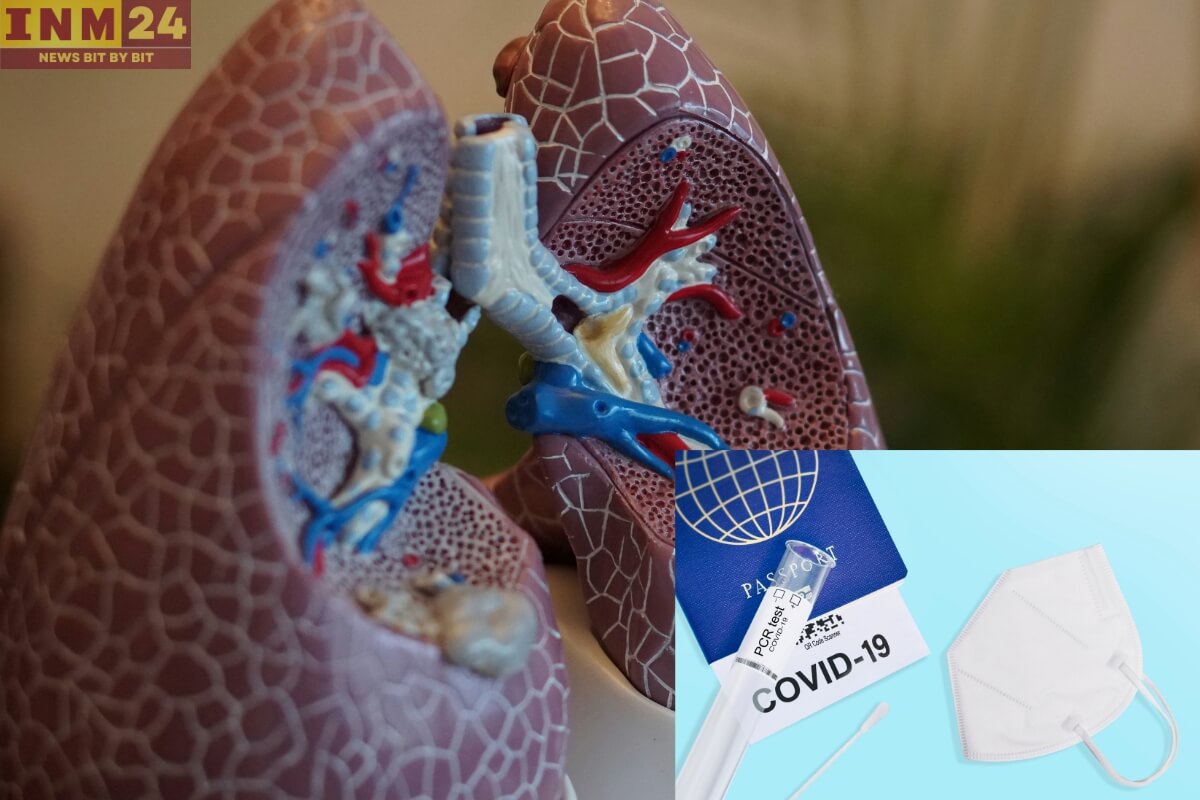As the world continues to grapple with the aftermath of the COVID-19 pandemic, emerging research sheds light on the long-term health implications faced by survivors. A recent study has brought to attention a concerning trend: Indians are experiencing elevated levels of lung damage following recovery from COVID-19. This finding underscores the importance of understanding the lingering effects of the virus and implementing measures to mitigate its impact on public health.
The Study
Conducted by a team of researchers from prominent medical institutions, the study aimed to assess the extent of lung damage among Indian individuals who had contracted and recovered from COVID-19. Utilizing advanced imaging techniques and clinical assessments, the researchers analyzed the respiratory health of a sample group comprising post-COVID-19 patients.
Key Findings
The findings of the study revealed a significant prevalence of lung damage among Indian individuals post-recovery from COVID-19. Specifically, a notable increase in respiratory complications such as fibrosis, scarring, and reduced lung function was observed among the study participants. These findings suggest that COVID-19 may leave a lasting impact on the respiratory health of affected individuals, posing long-term challenges beyond the acute phase of the illness.
Implications
The heightened prevalence of lung damage among Indians post-COVID-19 has far-reaching implications for public health and healthcare delivery in the country. It underscores the need for comprehensive post-recovery care protocols aimed at monitoring and addressing the respiratory health of COVID-19 survivors. Furthermore, it highlights the importance of preventive measures and vaccination campaigns to curb the spread of the virus and minimize its long-term consequences on population health.
Addressing the Challenge
In response to the findings of the study, healthcare authorities and policymakers must prioritize initiatives aimed at enhancing respiratory care infrastructure, promoting awareness about post-COVID-19 complications, and providing support services for affected individuals. Additionally, efforts should be directed towards accelerating research into effective treatments and interventions to mitigate lung damage and improve the quality of life for COVID-19 survivors.
The study findings underscore the urgent need for proactive measures to address the long-term health consequences of COVID-19 among Indians. By recognizing and addressing the heightened risk of lung damage post-recovery, healthcare stakeholders can better support affected individuals and mitigate the broader public health impact of the pandemic. Moving forward, continued research, collaboration, and investment in respiratory health infrastructure will be essential in navigating the challenges posed by COVID-19 and safeguarding the well-being of the population.
